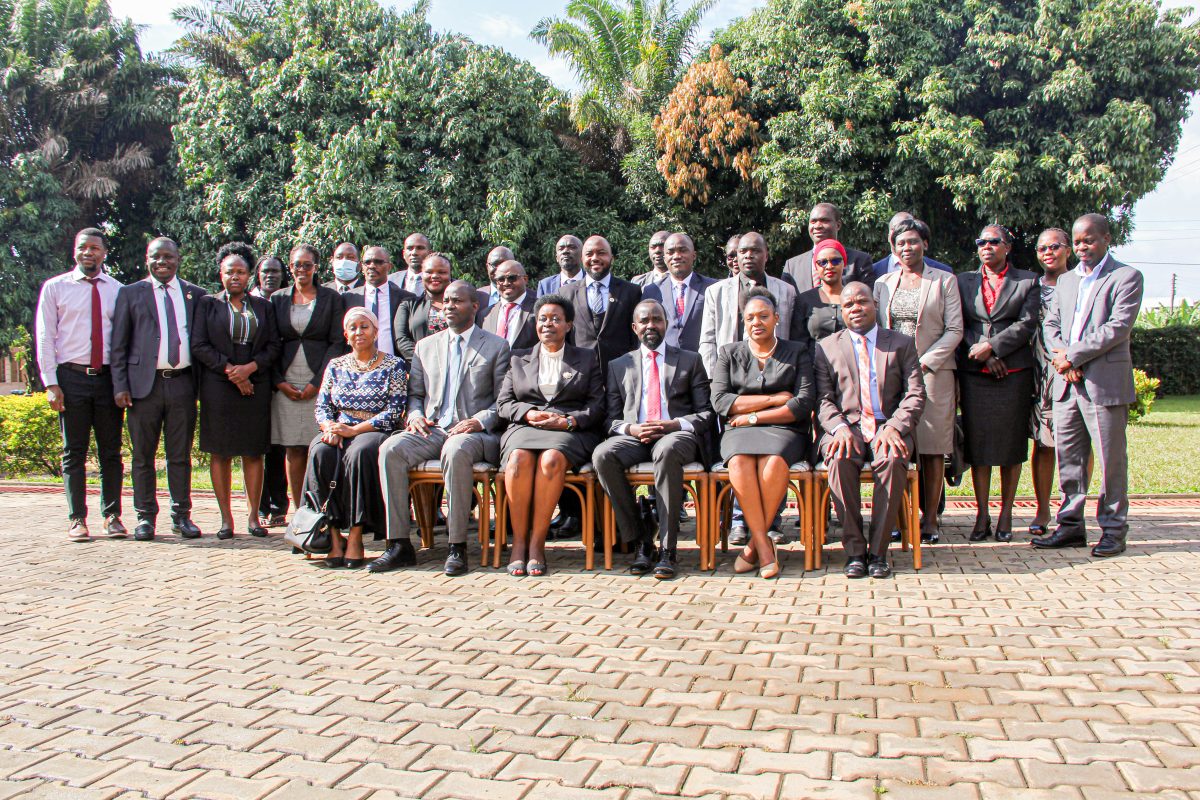In Uganda’s persistent efforts to end the HIV scourge, the legal system stands at a pivotal crossroads—either as a powerful catalyst for change or a significant obstacle to progress.
Last month, Makerere University Schools of Public Health and Law, collaborating with the Uganda AIDS Commission and the Judicial Training Institute, organised a one-day capacity-building workshop for over 40 judicial officers from the North; comprising Judges, Registrars, Chief Magistrates, and Grade one Magistrates from Lango, Acholi, and West Nile Sub-regions.
The workshop, held under the theme: “Saying No to Stigma and Discrimination. Reshaping Mindsets in the Area of HIV/AIDS,” aimed at imparting knowledge to the judicial officers on rights-responsive legal enforcement for HIV and key populations in Uganda, with the view of confronting one of Uganda’s most uncomfortable truths in our country’s HIV response: the laws that are meant to protect society, often marginalises its most vulnerable members.
One such victims in Uganda are the key populations: a common phrase, globally used to mean people at higher risk of being affected by HIV. This group often faces social, legal, and structural barriers that increase their vulnerability to HIV transmission and infection. They among others include sex workers, people who inject drugs, prisoners and incarcerated people. In Uganda, this group numbers about 310,000, but accounts for over 25 per cent of new HIV infections per year.
They face heightened HIV risk due to marginalization and criminalization, severely limiting their access to essential services. Reports show that stigma remains a significant barrier, with many denied legal protection or healthcare because of social biases or punitive laws, particularly those criminalizing behaviors like sex work. This then creates a vicious cycle where these individuals remain vulnerable to HIV but are unable to access the prevention, treatment, or legal recourse needed to protect themselves, deepening their exposure to the virus.
Dr. Zahara Nampewo, the Deputy Principal of Makerere University School of Law, facilitating the capacity-building workshop for the judicial officers in Gulu emphasized that Uganda’s ambitious plan to end HIV by 2030 requires judicial officers to adopt a rights-responsive legal approach to administering justice, stressing that the fight against HIV is not just for health scientists and social workers but demands the judiciary’s involvement as a critical player.



